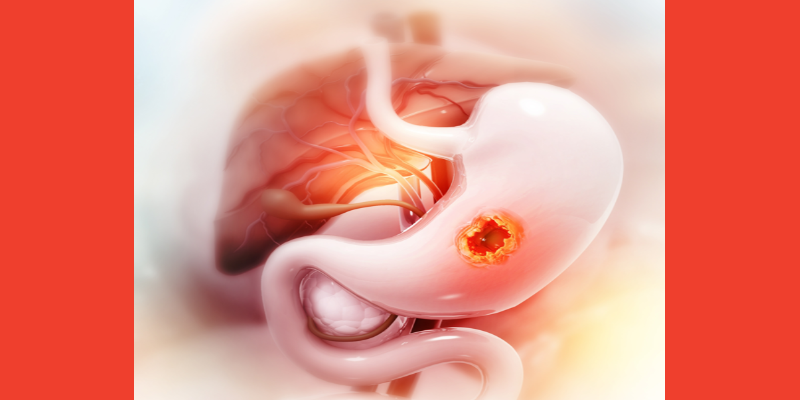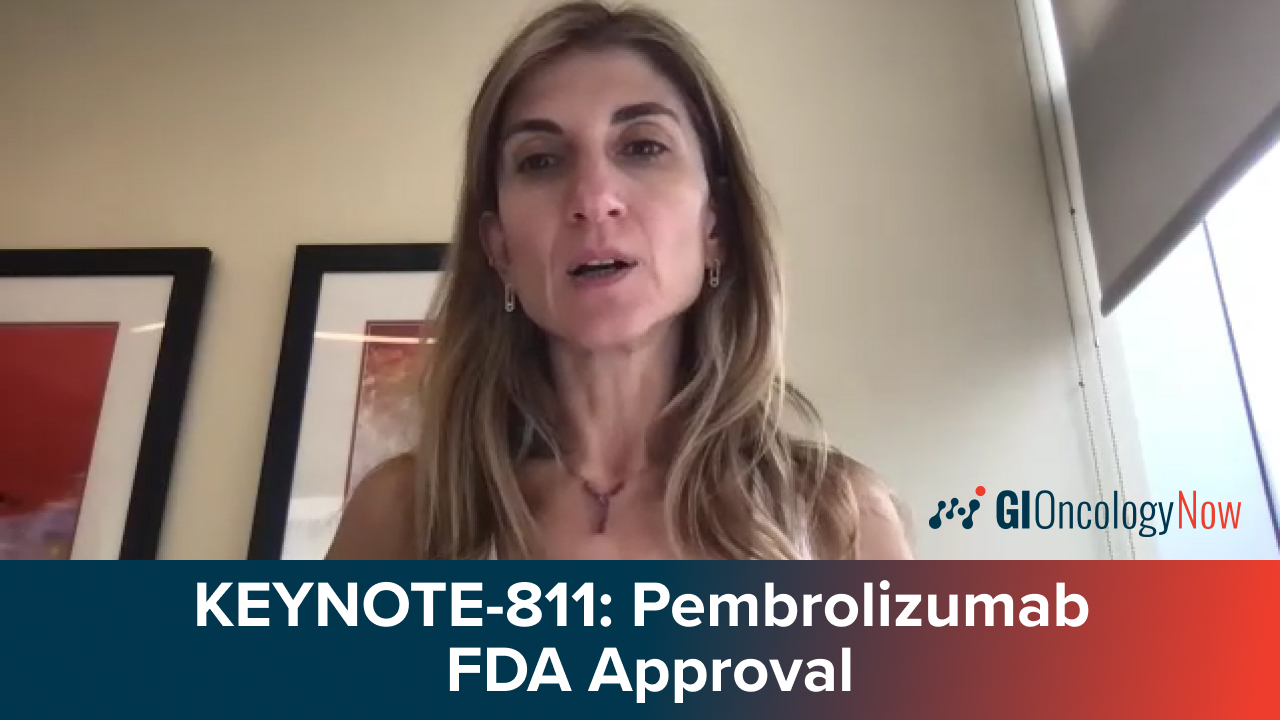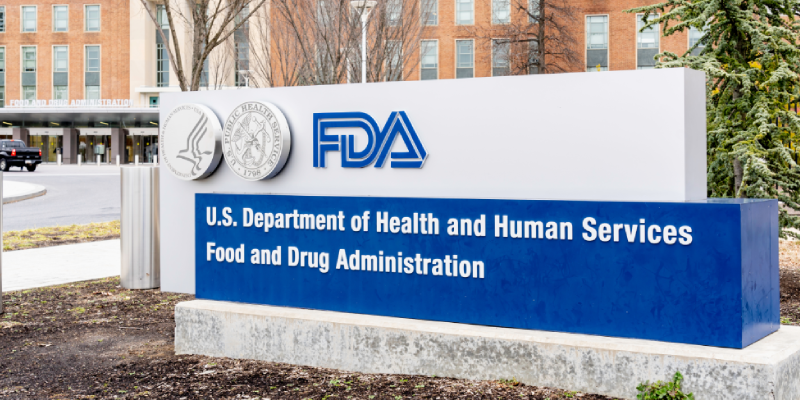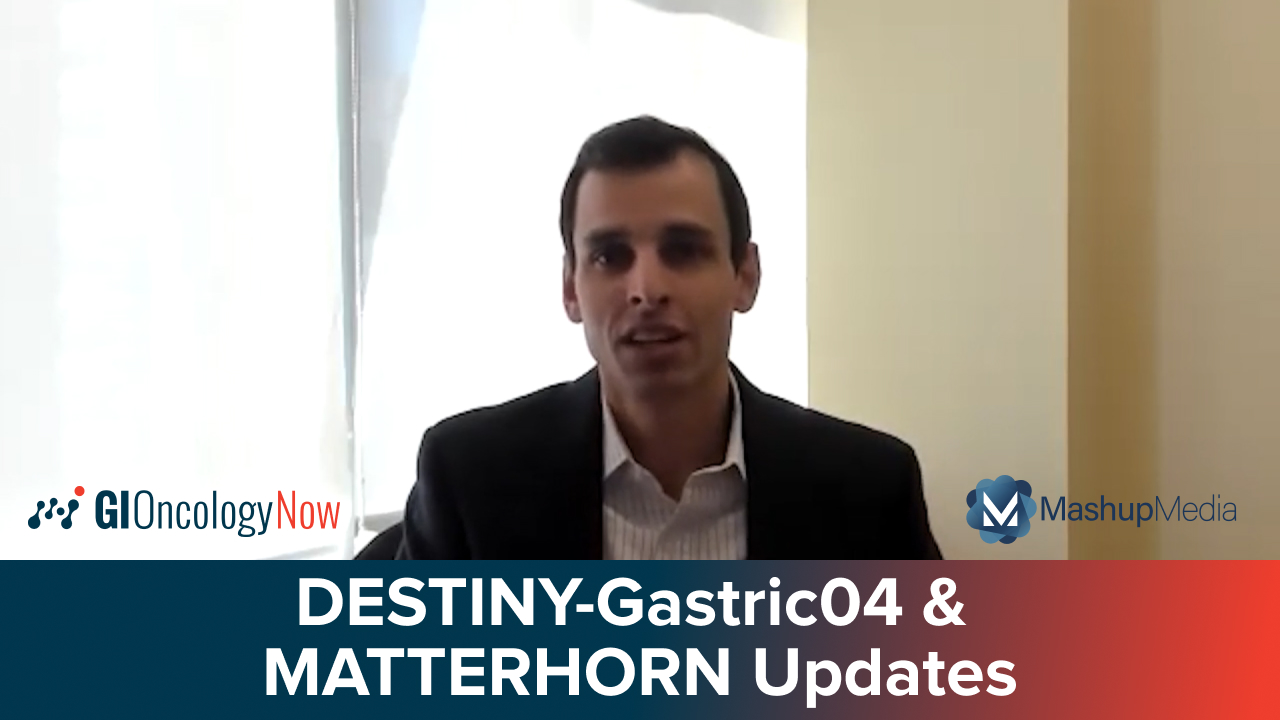
Results from the phase 2 DESTINY-Gastric03 (DG-03) trial reveals encouraging results for the combination of trastuzumab deruxtecan (T-DXd), pembrolizumab, and chemotherapy in treating patients with HER2-positive (HER2+) advanced or metastatic esophageal, gastric, or gastroesophageal junction adenocarcinoma (GEJA).
T-DXd, a HER2-directed antibody-drug conjugate, is already approved for patients with metastatic HER2+ gastric/GEJA following trastuzumab-based regimens. This trial explored the efficacy of T-DXd in combination with fluoropyrimidine (FP) and pembrolizumab as a first-line therapy, particularly in patients with high PD-L1 expression.
The study enrolled 307 patients, 229 of which received treatment across multiple arms, comparing T-DXd monotherapy and its combinations with standard chemotherapy. At the January 2024 data cutoff, results indicated that combining T-DXd with FP and pembrolizumab showed strong antitumor activity, particularly in patients with HER2+ tumors and a PD-L1 combined positive score (CPS) of ≥1. In this group, the objective response rate (ORR) was 58% for the combination of T-DXd, FP, and pembrolizumab.
However, the combination also posed safety challenges. Grade 3 or higher adverse events (AEs) were more common in the T-DXd combination arms, with 91% of patients in the T-DXd plus FP plus pembrolizumab group experiencing these severe side effects. Treatment discontinuation due to AEs was also highest in this group at 51%. Notably, adjudicated interstitial lung disease (ILD)/pneumonitis occurred in 11% of T-DXd-treated patients, leading to three fatalities.
Despite the safety concerns, the study authors concluded that the “combination of T-DXd + FP + pembro showed promising antitumor activity warranting further study in esophageal/gastric/GEJA.”
Future research will continue to assess this combination to refine its efficacy and tolerability, offering hope for a more effective first-line treatment for HER2+ metastatic gastric and esophageal cancers.







 © 2025 Mashup Media, LLC, a Formedics Property. All Rights Reserved.
© 2025 Mashup Media, LLC, a Formedics Property. All Rights Reserved.